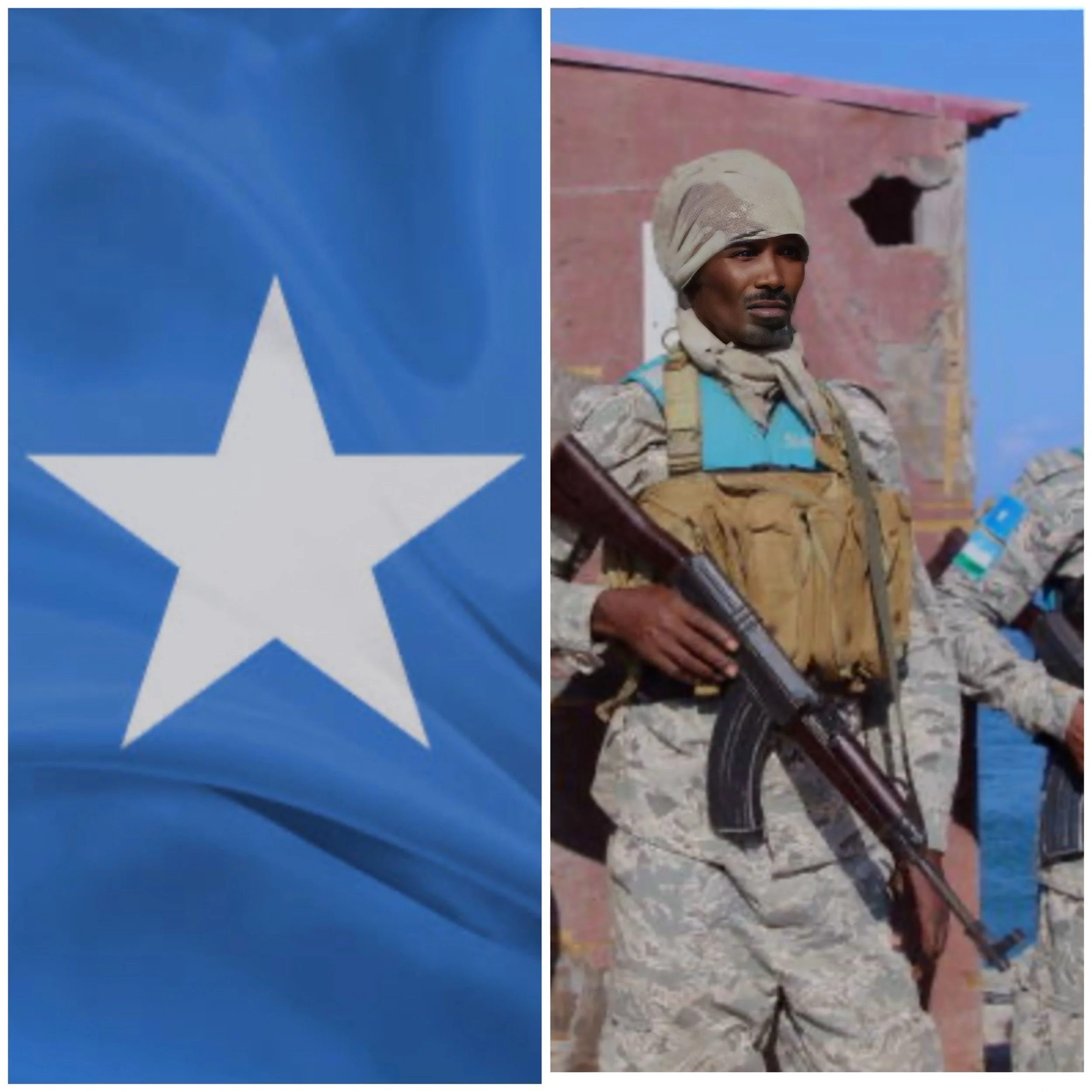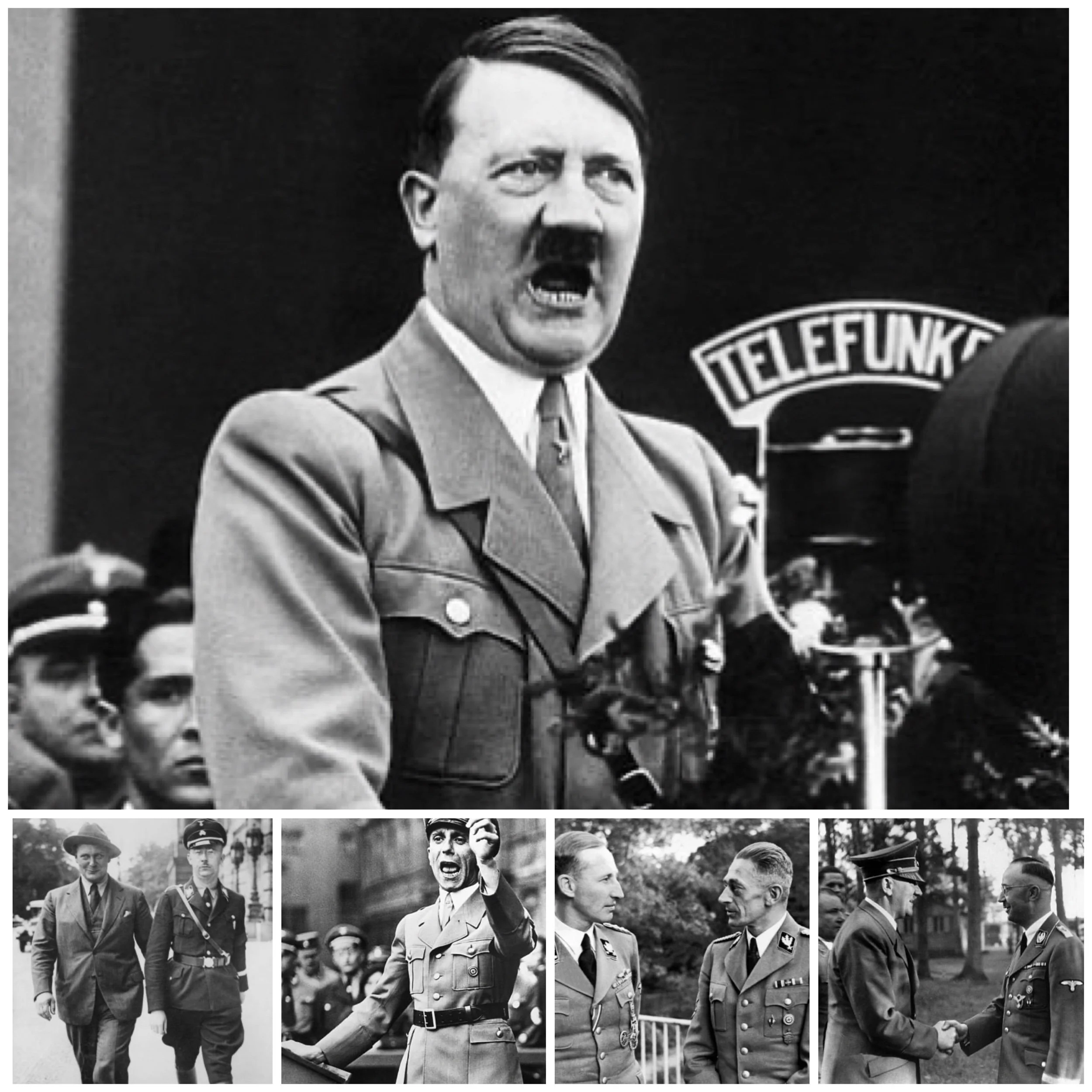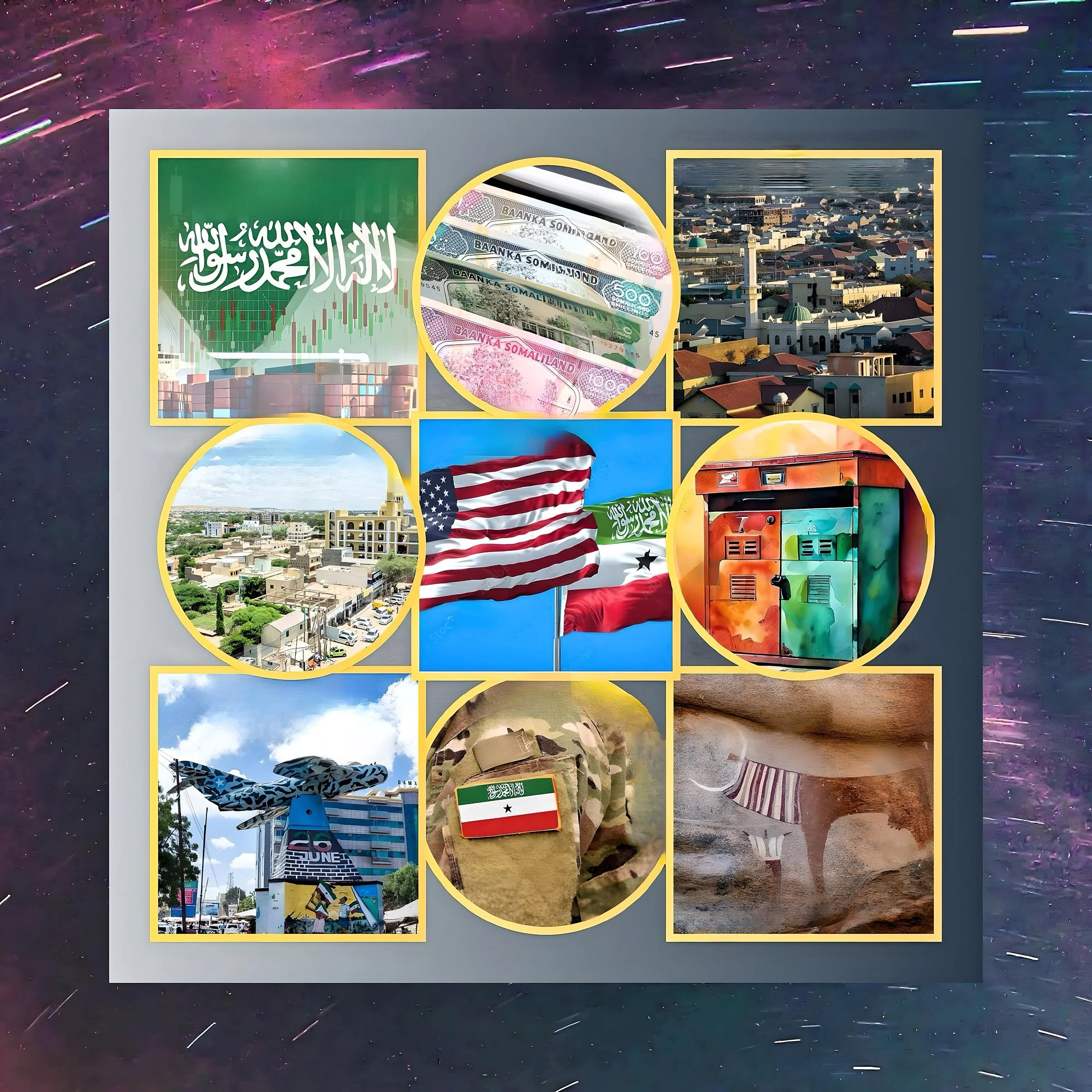What is history of Somalia and Somaliland
Introduction
Somalia and Somaliland have a complex and intertwined history that spans centuries. Here’s an overview of their historical development:
Early History
The region that comprises modern-day Somalia and Somaliland has been inhabited since ancient times. From the 7th to 19th centuries, the area was ruled by a series of competing sultanates. The coastal regions were important commercial centers during the Middle Ages, with powerful Somali empires like the Ajuran Sultanate, Adal Sultanate, and the Sultanate of the Geledi dominating regional trade.
Colonial Era
In the late 19th century, European colonial powers began to make inroads into the region:
British Somaliland
The United Kingdom established the Somaliland Protectorate in 1887, following treaties with various Somali clans.
Italian Somaliland
Italy gained control of parts of the coast, establishing the colony of Italian Somaliland.
Independence and Unification
On June 26, 1960, British Somaliland gained independence as the State of Somaliland.
Five days later, on July 1, 1960, Italian Somaliland also became independent.
The two territories united to form the Somali Republic.
Post-Independence Period
In 1969, following the assassination of President Shermarke, General Siad Barre seized power in a coup d’état.
Barre’s regime became increasingly oppressive, particularly towards the Isaaq clan in the north.
Civil War and Somaliland’s Declaration of Independence
In 1991, Barre’s regime collapsed, leading to a civil war.
On May 18, 1991, the former British Somaliland declared independence as the Republic of Somaliland.
While Somalia descended into chaos, Somaliland began to establish its own governance structures.
Recent Developments
Somalia has struggled with instability and conflict, with various transitional governments and international interventions.
Somaliland, although not internationally recognized, has maintained relative stability and developed its own democratic institutions.
Key Differences
Somalia continues to face challenges in establishing a stable central government.
Somaliland, while unrecognized internationally, functions as a de facto independent state with its own government, currency, and security forces.
Conclusion
The history of this region demonstrates the complex interplay of colonial legacies, clan dynamics, and geopolitical factors that have shaped the current situation in Somalia and Somaliland.





